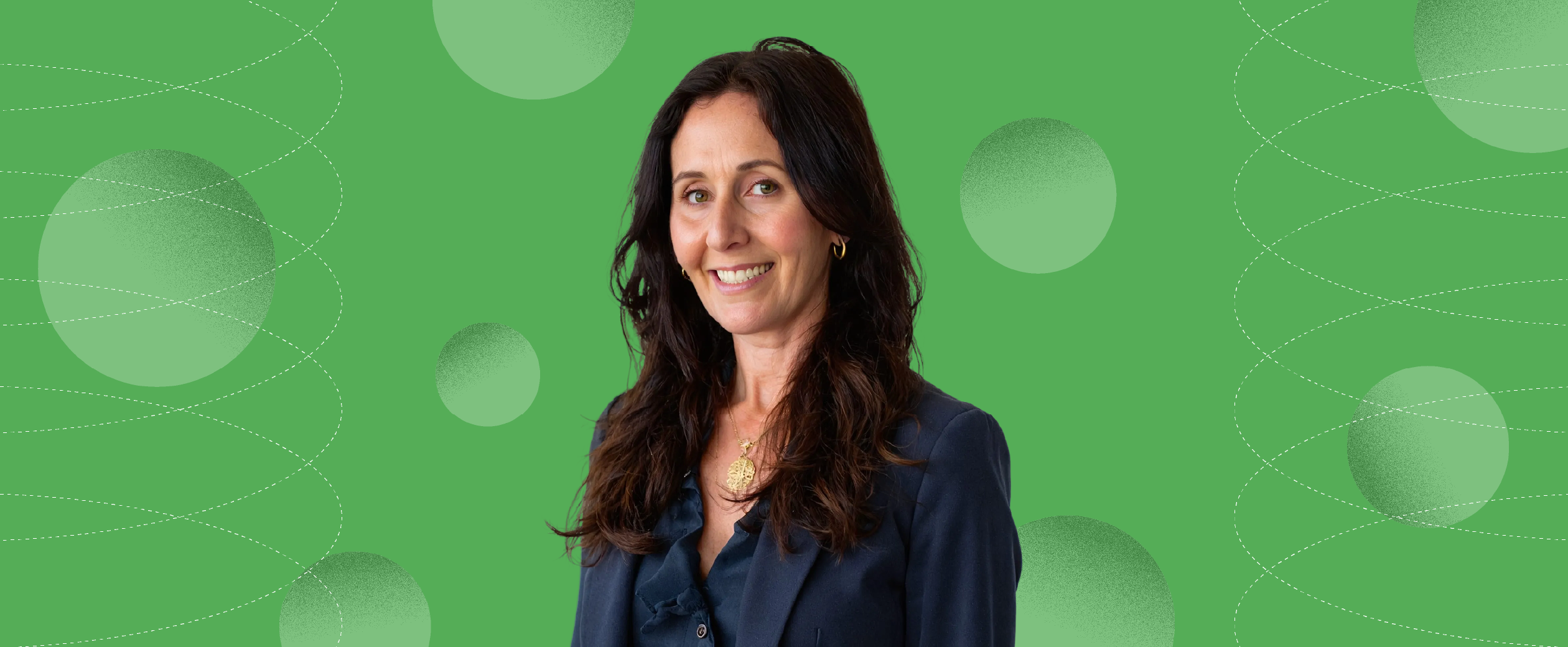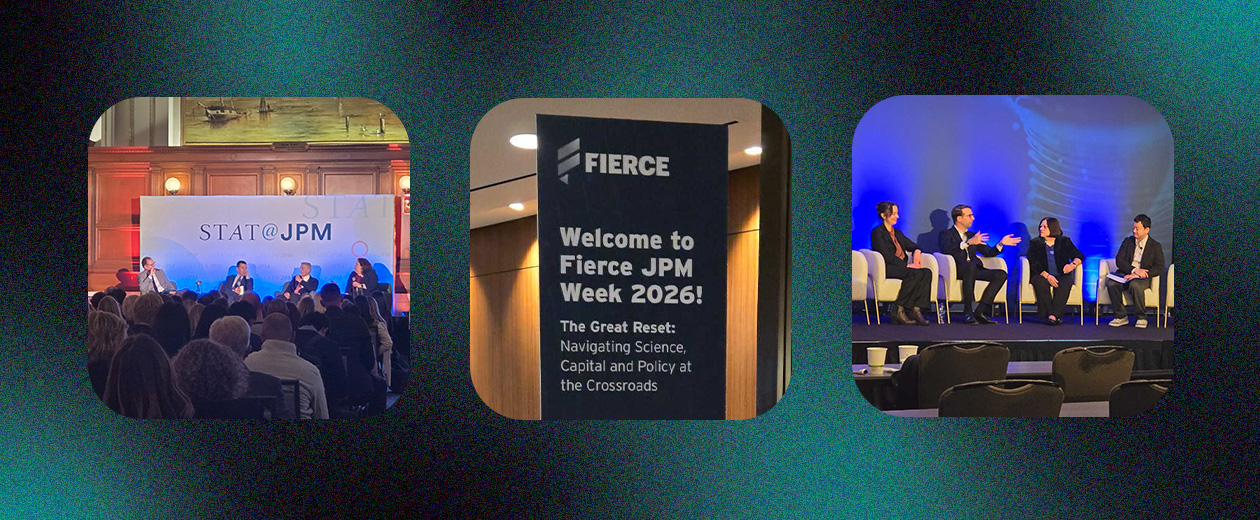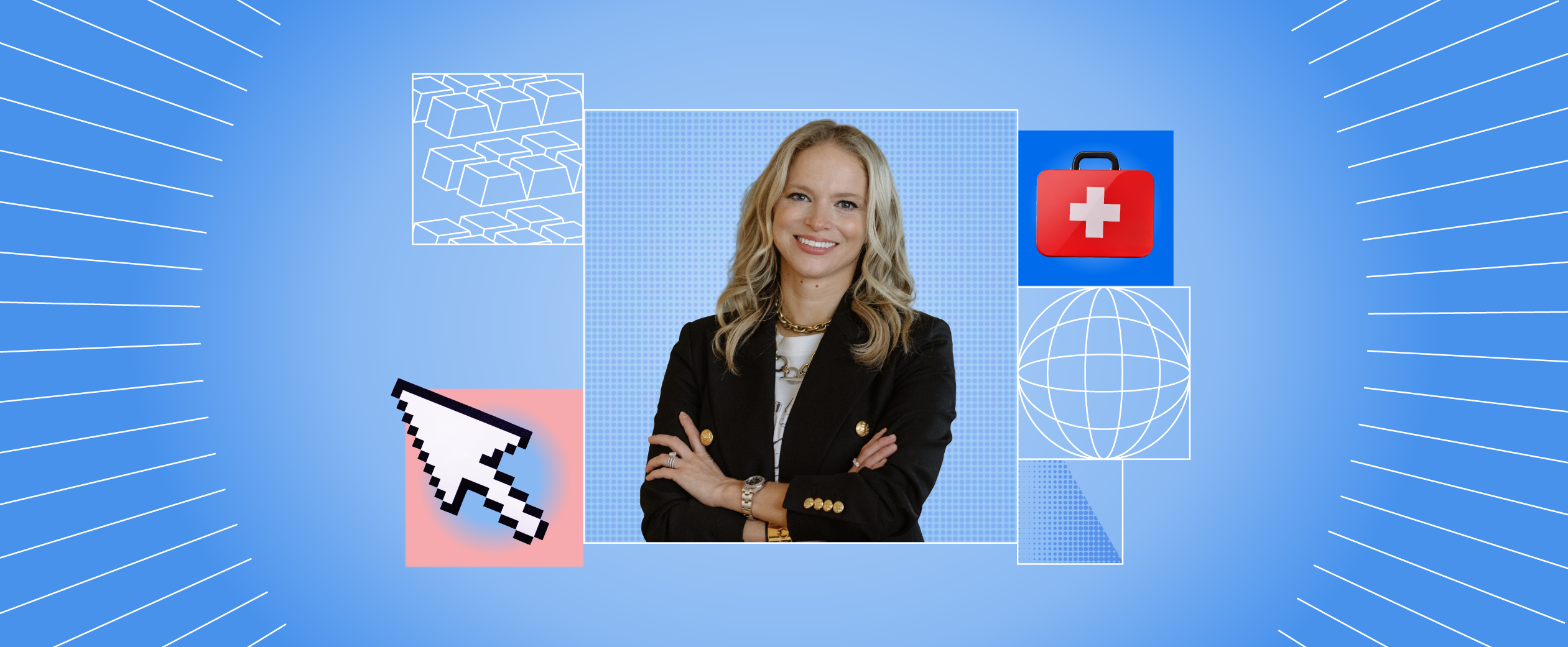
February 2, 2026
February 2, 2026

Reading time
July 10, 2024
August 30, 2022

Brian Goldfarb’s work experience on his LinkedIn page reads like a who’s who of top tech companies, including Google, Microsoft, Salesforce and Splunk. Along the way, he’s picked up a ton of expertise, particularly around leading digital marketing transformations.
Late in 2021, Brian joined Tenable as CMO at a time of great growth and expansion. Since then, the company has made two acquisitions to help customers gain better security insights across their attack surface and has expanded its cloud services with capabilities that enable real-time detection of zero-day threats.
We recently talked to Brian about his background, why he joined Tenable, how digital has changed the CMO role and how an unsteady economy requires a “responsible risk” approach to marketing.
I had worked at Splunk in a DevOps, IT ops and cybersecurity role. I left that world for a bit and missed it. There's something about the thrill and excitement of working in cyber, and the mission matters. Cybersecurity is the closest you can get to an Emergency Room in software. I love to help companies transform and Tenable is a category leader; and vulnerability management is at a really interesting juncture, with Tenable facing the next act and expanding the vision of the platform. And it was culturally a perfect fit for me.
<split-lines>"There's something about the thrill and excitement of working in cyber... [It's] the closest you can get to an Emergency Room in software."<split-lines>
I often say I get to stand on the shoulders of giants and leverage that. When I went to Microsoft for 10 years, that was too long there, but I didn't know that at the time and it was an incredible experience. But I had learned to do Microsoft.
And then I went to Google and I was really bad at doing Google. I was really good at marketing and the content and the context. I just didn't know how to do it at Google. I had to build this muscle for learning a new company’s culture.
Having now changed jobs six or seven times over the last 20 years, I've been able to build that skill. I think one of the big lessons I bring to Tenable is being able to adapt and learn a new company culture quickly. That's been super important to being able to integrate.
Brand building? Not a ton. I think the pandemic changed a lot of things. It accelerated trends that were emerging. People didn't believe you could actually get a lot done without being physically present and it's just not true when it comes to brand building and marketing.
I've always been a digital-first person. I believe that demand gen and awareness gen or “brand gen,” if you will, are one and the same. In the digital world they are two sides of the same coin. It's just, are you optimizing for the pipeline? Or are you optimizing for engagement? The pandemic changed brand building by doubling down on all the beliefs I have around digital.
Absolutely. It continues to grow as a percentage of the mix. It's gotten more expensive, but it's the highest efficiency advertising that we do. Digital has the most measurability and it's the most provable, which matters a lot, particularly when economic uncertainty exists or risk becomes something you manage out of the equation. Digital is a very effective part of the portfolio.
One-hundred percent. I don't think it's a pandemic outcome; it's a digital outcome, which is pre-pandemic. We're still in the transition. If you look around the world, and I'm speaking very clearly from a B2B lens, if you can't be scientific, data-driven, sales-aligned and proof-first, you're dead. There are still people around that don't think that way, but they're becoming the minority.
I work with all of them. In many ways, marketing is now at the intersection of all things product, customer and business. I find myself working extremely closely with IT, finance and product, in addition to all the salespeople whom we're used to aligning with.
I don't find that my role is siloed from any part of the C-Suite, and I think that's critical. It used to be that marketing was kind of off on the side, and some people still think of it that way. If you really think of the marketing leader, the marketing function, as the glue between product, go-to-market and other parts of the business, it's not surprising that you have to work across the entire C-Suite for success.
Experimentation is the word I probably use more than anything in PR and marketing right now. We did a LinkedIn Live event about the anniversary of the Colonial Pipeline ransomware attack this spring that was very successful. I think part of standing out is being fun and we’re all sick of boring corporate BS.
<split-lines>"I think part of standing out is being fun and we’re all sick of boring corporate BS."<split-lines>
Another cool thing we're doing right now is a podcast called “The Hacker Chronicles.” It’s a fictional story about a woman who gets in trouble trying to make some money and it’s all based on actual scenarios tied together as a set of cybersecurity lessons. (Dispatch recently interviewed Ian Faison, the CEO of Caspian Studios, the podcast production company that worked with Tenable on “The Hacker Chronicles.”)
We have seven episodes out now and five more coming later. We’re a cybersecurity company, but everyone is a media company in marketing. If you don't think of yourself as a media company at this point, you're done.
<split-lines>"We’re a cybersecurity company, but everyone is a media company in marketing. If you don't think of yourself [as such] at this point, you're done."<split-lines>
We're in a moment (August 2022) in time, for better and for worse, where we're seeing multiple six standard deviation events occurring simultaneously. What that does is create massive uncertainty and volatility, which we're all experiencing. It’s responsible to focus on efficiency and proceed with caution because we just don't know what the future holds.
At the same time, I look at what happened in February and March of 2020 where everyone freaked out rightly and pumped the brakes super hard, laying people off. And then all of a sudden, business started roaring back. So I try to do responsible risk taking because I don't want to make that mistake. The magic is trying to find the right balance.
We are seeing that cybersecurity budgets are untouched, or at least not going down. The world has put more attention on cyber threats. The security threat to the average person and to critical infrastructure was a topic few consumers typically talked about, and yet now it's cocktail conversation.
Cybersecurity has transitioned from backwater IT to being top of mind for everyone—government business leaders, soccer moms, it doesn't matter. Everyone is impacted. And so, I do think there's some level of protection, but the macro factors affect everybody, period.

January 28, 2026
January 28, 2026

January 8, 2026
January 8, 2026